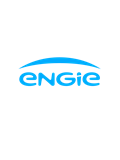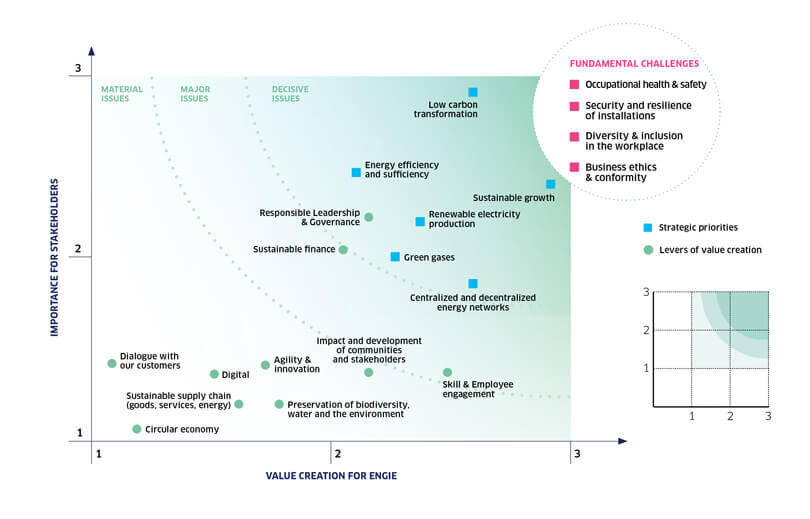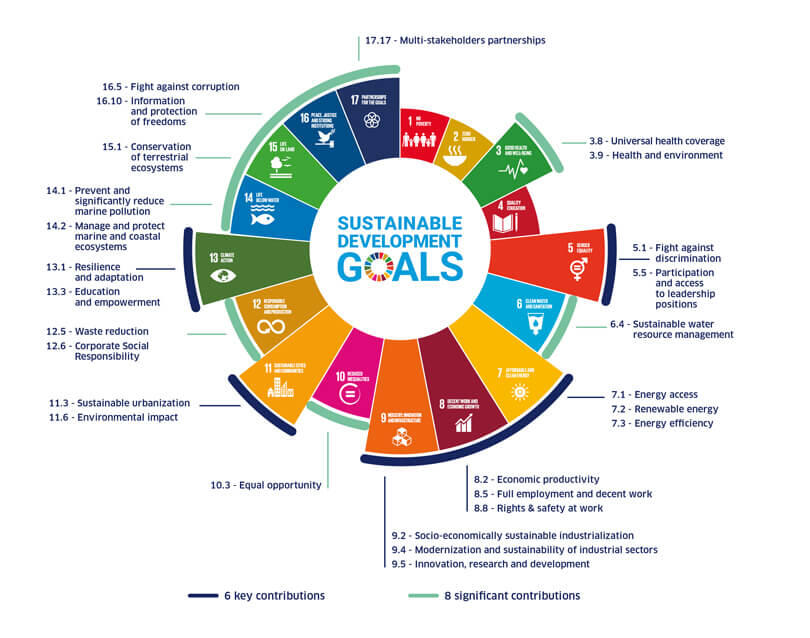
Guided by its purpose to “act to accelerate the transition to a carbon-neutral economy”, ENGIE continues to implement its strategy to become the leader in the energy and climate transition. In February 2020, the Group defined objectives for 2030 in order to monitor its CSR performance as closely as possible. These objectives are fully in line with the 17 Sustainable Development Goals set by the United Nations for 2030.
Sommaire
The CSR policy and strategy of the Group
ENGIE's CSR policy
ENGIE's Corporate Social Responsibility policy sets out the Group's CSR priorities and commitments, in order to bring together the skills of all, create shared value for all its stakeholders and contribute to the achievement of the Sustainable Development Goals defined by the United Nations.
By acting for a positive impact on people and the planet, the Group will be able to ensure its leadership as a key player in the energy transition and associated services beyond energy while meeting the constraints of a just transition in line with the Paris Agreement on climate change.
The CSR Department is supported by a network of Chief Sustainability Officers (CSOs) in the business units (GBUs, GEMS (Global Energy Management & Sales) and Nuclear) and geographical units (regional and country hubs).





